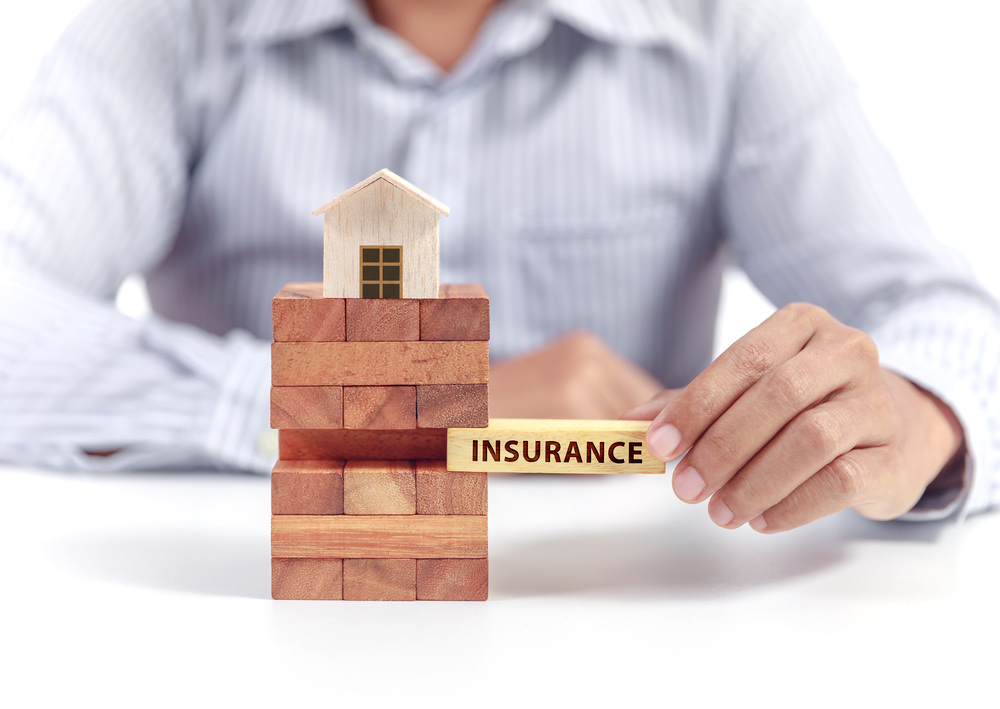Table of Content
It’s just one more cost versus benefit to consider as you put together your home-buying budget. FHA loans allow buyers with credit scores as low as 580 with 3.5% down, and 500 with 10% down. However, low credit scores must not be the result of recent bad credit history. Your goal as a mortgage borrower should be to find the lowest interest rate possible. This will keep your monthly mortgage payments affordable, and reduce the amount of interest you pay your lender over the life of the loan. In some cases, you can use a mortgage loan to cover the whole purchase price of the home.
If you use a conventional loan backed by Fannie Mae or Freddie Mac, a home inspection may be optional. Home inspections are required on government-backed loans like FHA and VA. Whether or not it’s required, though, a home inspector walkthrough is highly recommended by experts. The inspector could find structural or systemic problems you’d want to know about before buying the home. Even if everything checks out, the inspector’s report would let you know how many repairs to expect in the first few years of homeownership.
You’re our first priority.Every time.
Your property taxes are a fixed percentage of your home’s value based on the tax assessor’s appraised value of your home. Property taxes are paid to township or county in which the home is located. You will pay this tax annually, semiannually or as part of your monthly mortgage payments . The local tax assessor’s office can provide you with a specific property tax rate.
First-time home buyer grants are often available at the state or local level. These are typically known as down payment assistance programs, which can help cover all or part of your down payment and closing costs. This protects the lender’s stake in the loan if you default. Borrowers can pay an upfront premium as part of their closing costs and an ongoing premium as part of each monthly mortgage payment. Becoming a homeowner can be a financially intimidating process, but there are several options from lenders and government sources designed to smooth the way.
How the Loan Works
Are designed for buyers who want to tackle a fixer-upper. Offer assistance programs tailored to the borrower’s location. This may influence which products we review and write about , but it in no way affects our recommendations or advice, which are grounded in thousands of hours of research.
Having a place of your own, in which you can set roots, create an individual space, or raise a family? Government grantsexist for first-time home buyers to help you initiate the process of getting into a home. So, assuming a home purchase price of $250,000 and a 10% down payment, plan on setting aside $300 for taxes and insurance each month.
Specialty first-time home buyer programs
This government programme offers those earning between R3,501 and R22,000 a month, a realistic prospect of homeownership, in the form of a first-time homebuyers subsidy. One of the first things lenders do is run a credit check. Your credit score affects whether you qualify, how much down payment you need and the eventual interest rate.
But borrowers can refinance into a new loan type to cancel those premiums down the road. Conventional 97 mortgages offer no such discount but can be the most economical way to purchase a home with little money down (just 3%) — especially for buyers with extra-good credit. One way to lower your interest rate is by improving your personal finances before you buy. Saving a bigger down payment or increasing your credit score — even by a few points — can make a big difference when it comes to your mortgage rate. For example, if you bring $25,000 of your own money to a $250,000 home purchase, you have made a 10% down payment. The remaining amount — $225,000 — is covered by your mortgage loan.
Learn About Mortgages open
One point typically costs 1 percent of the loan amount, which is equal to $1,000 for every $100,000 borrowed. Buying one point should lower your interest rate by about 0.25 percent. No, real estate agents are free for home buyers; the seller typically pays their commission. Furthermore, because of conflicts of interest, there are almost no situations in which it makes sense for a home buyer to employ the same real estate agent as the home seller.

Any cellular/mobile telephone number you provide may incur charges from your mobile service provider. There's a lot to know and a lot to prepare for - but knowledge is power! Your HUD-approved housing counselor will take you through it step by step. You'll soon understand how to make the mortgage process work for you. Take a look at your personal finances and home buying goals to figure out the right down payment for you.
Like down payment assistance, there are government-sponsored and private programs that can help you pay closing costs. Closing costs are additional fees you pay at the end of the mortgage process. Closing costs are typically around 2% – 6% of the total cost of your home loan. Like down payment assistance, closing cost assistance can come through a grant or loan.

For those who qualify, a VA loan is often the best loan option. Zero down payment is required, and VA homeowners never pay private mortgage insurance . If you're planning on buying a home soon, consider getting preapproved by more than one lender. This won't necessarily make a difference to sellers, but it can give you a chance to compare interest rates and terms with several lenders, as well as their customer service.
FHA sets DTI limits at 31 percent front-end and 43 percent back-end. The front-end adds all debt excluding the projected mortgage payment and divides it into your income. The back-end uses the same debt plus the mortgage payment to calculate the ratio. Complete Form 1003 and include the documents requested in the checklist. Documents include two years of tax returns, your most recent pay stubs with year-to-date earnings, any statements for retirement funds and other stock, bond or savings accounts. Include all assets and income, even alimony and child support.

Many of these programs have looser eligibility guidelines to accommodate borrowers with lower household income, credit scores, or down payments. If you're applying for a conventional mortgage or FHA loan and your down payment is less than 20%, chances are that you'll have to pay some form of mortgage insurance. Private mortgage insurance applies to conventional mortgage loans and can cost between 0.5% and 1% of your loan amount. Some programs make outright grants, rather than loans, for down payments, meaning this money does not need to be paid back.
Your housing costs will include more than repaying your mortgage loan and interest. Under the three-year rule, these people have an easier road back to homeownership through first-time home buyer grants and loans. Certain home buyers have access to special loan programs depending on their occupation or location.


No comments:
Post a Comment